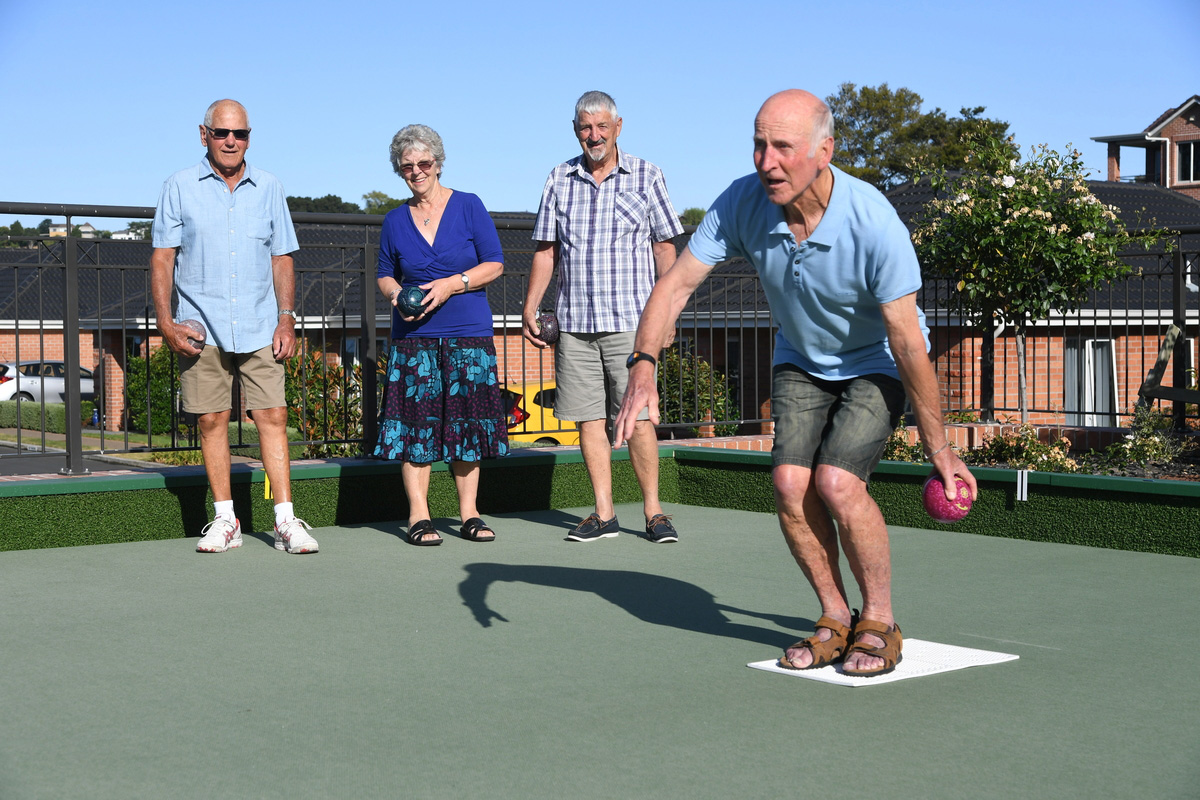Bob's oar-some Olympics
Bob's oar-some Olympics
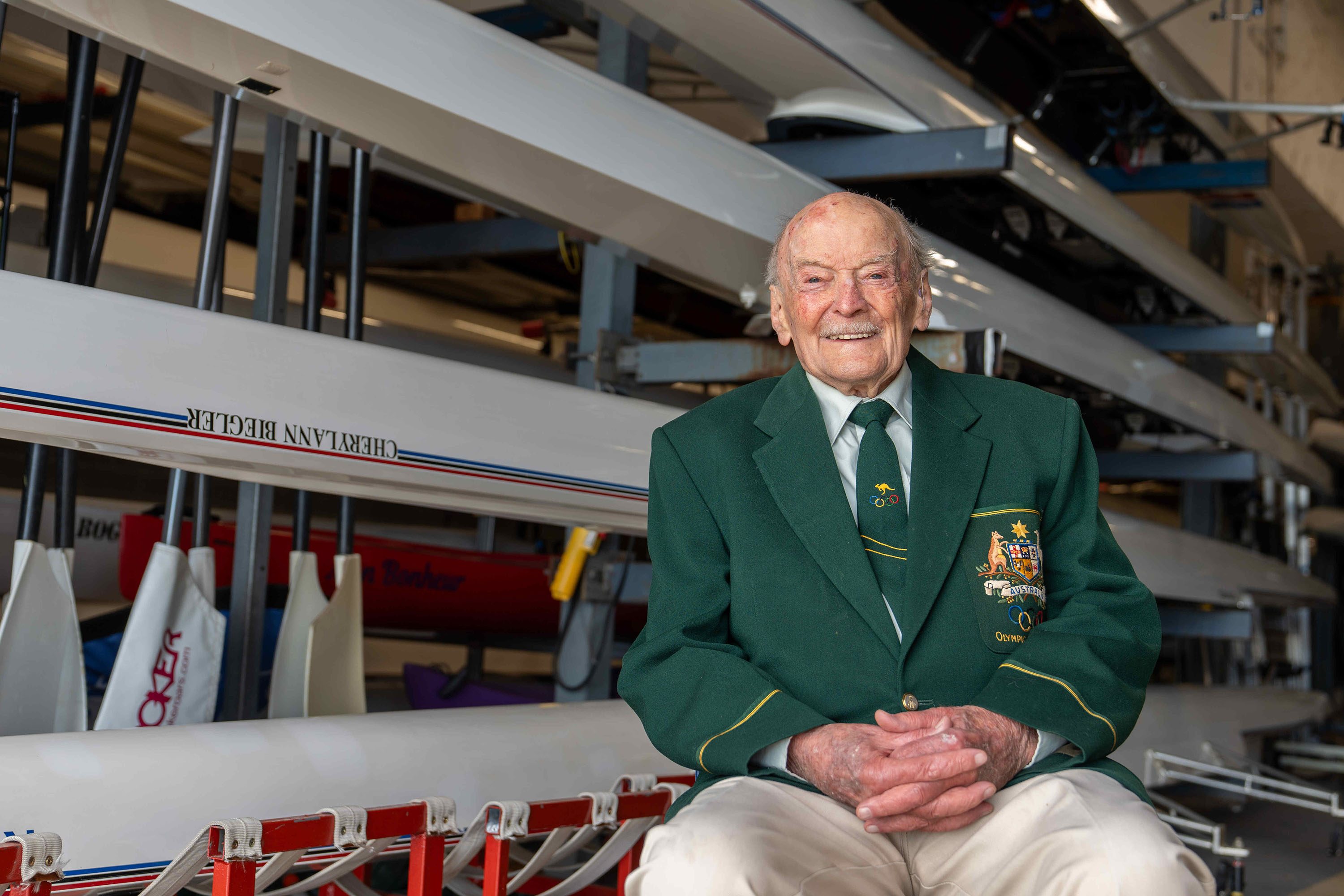
Bob Duncan remembers every grueling stroke of his Olympic rowing race.
It’s been 68-years since the 92-year-old John Flynn Retirement Village resident took to the waters of Lake Wendouree in Ballarat to compete in the 1956 Olympic Games men’s coxed pair, for Bob it feels like yesterday. 
“It was sheer delight of course when we found out we’d made the team,” Bob said.
“And I remember every stroke-the agony of what was a real grunt race-pretty well.”
Fueled on a diet of what Bob calls ‘all the wrong food’, including rump steaks prepared by their mothers, Bob and his rowing partner, Bruce Dickson, spent seven hard years training under the guidance of Bob’s father Harry at Albert Park Rowing Club In Melbourne before they made it to the Olympics.
“It was the first games where Australia had fours and pairs because they’d never had the funding to go beyond an eight,” Bob said.
“In those days everything was self-funded, everything was homemade at club level.
“Our only concession from the Australian Olympic Committee was a seven and six rail warrant to get to Ballarat, a uniform and 10 days free board at the Ballarat Airforce Base which was used as the Olympic village for rowing and canoeing.
“We found having been billeted with our competitive Olympic friends resulted in friends for life.”
Bob and Bruce triumphed in the quarterfinal against teams from the Soviet Union and Chile and were third in their semi-final to eventual gold and silver medalists USA and West Germany, with just two crews progressing.
“You always feel disappointed about that, but that’s just the luck of the draw,” Bob said.
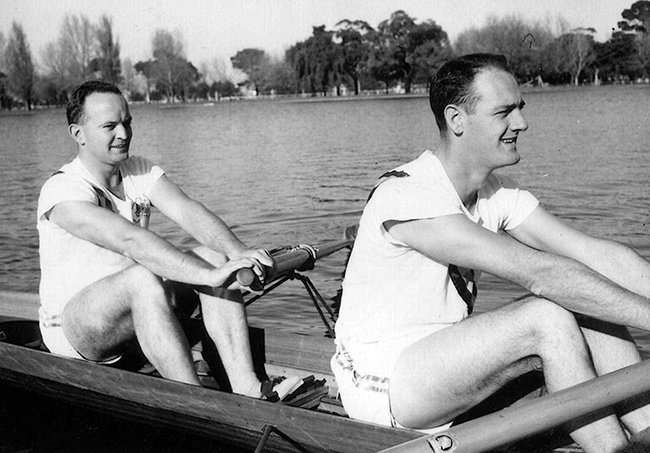
Bob Duncan in the bow seat of the 1956 Australian Olympic pair.
While Bob did not make it to the podium, the race was particularly special because the man who introduced him to rowing was watching.
“My father watched me compete with tears in his eyes,” he said.
“His years of brilliant coaching had taken us from beginners to Olympians.”
When Bob recalls this memory, his eyes fill with tears too.
“Rowing was my father’s sport.
“He grew up opposite the Albert Park Rowing Club and he had been a coxswain before World War One.”
Harry served in both world wars and rowing became the means by which he recovered.
“He always told me going back to his rowing club, where he found comradery and discipline, took his mind off the horrors of war, and saved him from what they called ‘the black dog’.
“My whole life has been so molded by his handling of me in my youth, he made such an impression on my life, and I still get very nostalgic talking about him.”
Just one month after competing at the Olympics Bob rowed in his last competition at the Victorian Championships in Nagambie on Boxing Day 1956.
.jpg?width=2000&height=2465&name=Bob%20Duncan%20-%20Ryman%20Living%20Cover%20Option%201%20extended%20(1).jpg)
Bob returns to Albert Park Rowing Club.
“Economically, I just couldn’t afford to keep doing it,” Bob said.
“I’d just turned 25 and I had to devote time to build my career in advertising, to win the heart of my fiancé, Heather, and to finish building a house.”
While Bob hung up his oars, he did not give up his passion for the sport, dedicating the next 50 years of his life to boat race officialdom.
The highlight of his rowing career came not at the Olympics, but in Tampere, Finland in 1995 when he became the first non-European finals starter at the World Rowing Championships.
His other distinction was being ‘Mr Starter’ for a record 41 years at Victoria’s prestigious ‘Head of the River’ schoolboy’s regatta on the Barwon River.
Bob’s connection to the Olympics and those he competed against in 1956 did not end in Ballarat.
In 1972 Bob and Heather attended the Munich Olympics, watching New Zealand win the eights before the games were rocked by terrorism.
“The whole atmosphere changed when the attack happened and we literally left the next day because a very joyous city became like a morgue,” Bob said.
In 2012 Bob and the surviving members of the Australian 1956 rowing team attended the London games, after which Bob published a book, ‘Small Boat Rowers of the Fifties’.
In 2006 the surviving members of the 1956 competition gathered for a reunion in Ballarat.
.jpg?width=2000&height=1334&name=Bob%20Duncan%20-%20Albert%20Park%20Rowing%20Club-5%20(2).jpg)
(From left) Albert Park South Melbourne (APSM) Life Member Allen McCowan, APSM Life Member Bob Duncan, APSM President Rick Amoore, APSM past President John Gorman.
An international crew, including Bob, competed against the Japanese who formed a team minus one member who had passed away.
In 2023 Bob was awarded The Order of Australia (OAM) for his services to rowing, primarily to officialdom.
The honour is normally reserved for gold medalists.
This year Bob will watch the games from the comfort of his apartment at John Flynn.
“Two of our original 56 group are going to Paris,” he said.
“When Australia is competing, I get this patriotic fervor and I love watching it on television because with the modern drone technology you see so much more than you do being there.
“This Olympics I’ll be glued to the television.
by Ryman Healthcare | Jul 17, 2024
Subscribe to our blog newsletter
You May Also Like
These Related Stories
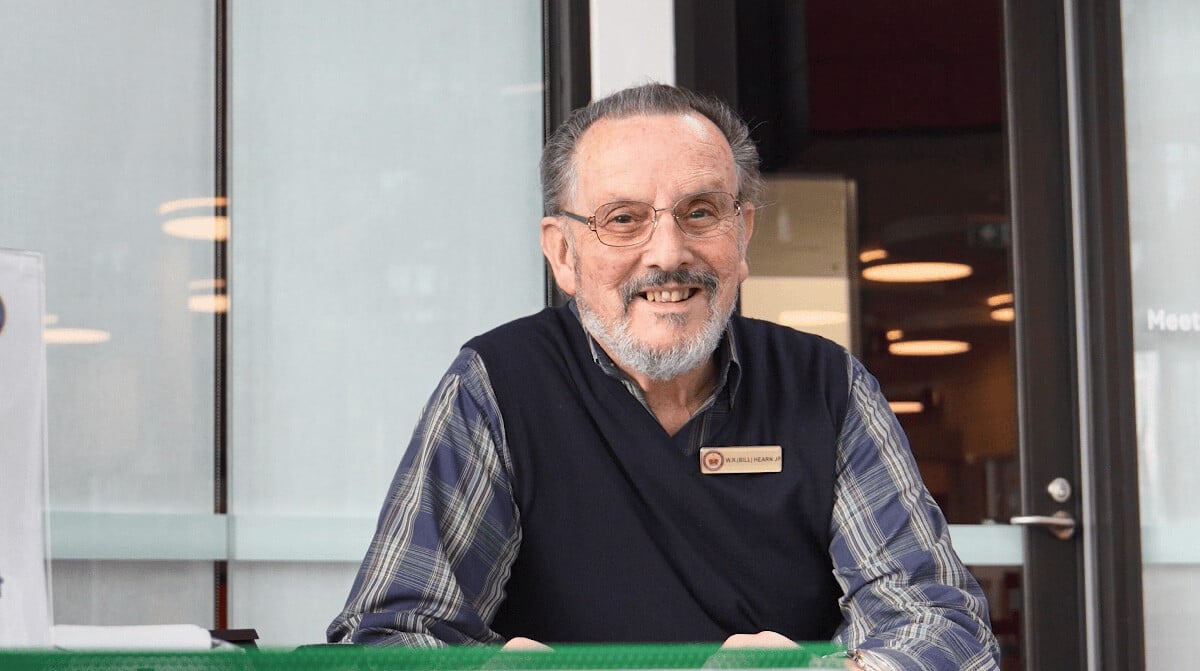
A Very Special Kind of Person
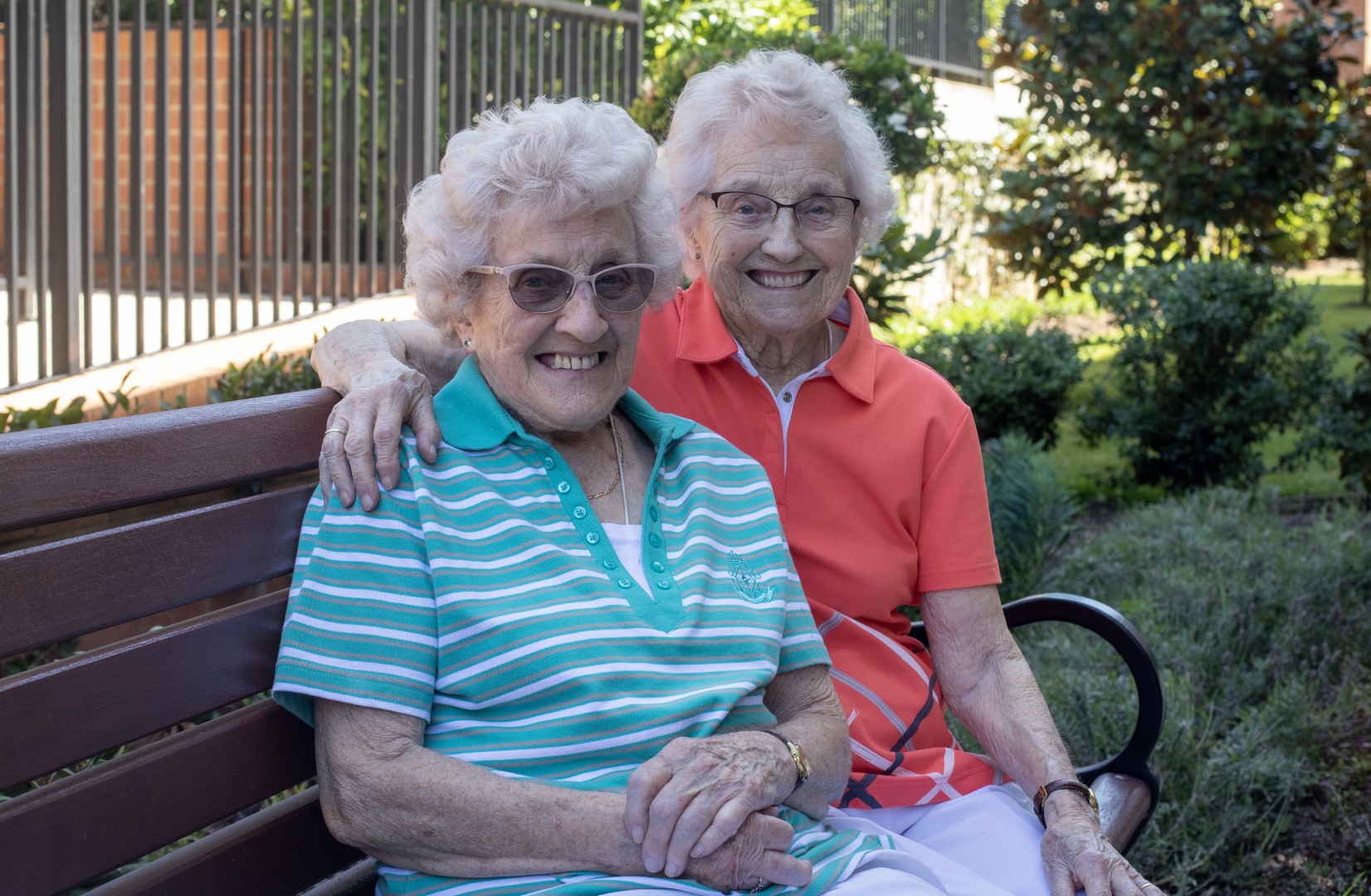
Sisters reunited at Weary Dunlop
